Avi’s 2024 Summer Blog Series
Susan Campbell Bartoletti
From Avi: As I did in the summer of 2023 and the summer of 2022, I’ve invited 13 admired middle grade authors to write for my blog for the next three months. I hope you’ll tune in each Tuesday to see who has answered these two questions we’re frequently asked by readers. You should have a list of terrific books to read and share by the end of the summer … along with new authors to follow!
Where did you get your idea for a specific book of yours?
One of my most popular books is based on a true story.
In the midst of researching and writing a nonfiction book, Hitler Youth: Growing Up in Hitler’s Shadow, I visited the city of Nuremberg in Germany.
This is the city where Adolf Hitler held massive Nazi party rallies during the 12 terrible years called the Third Reich. This is the city where Hitler blatantly showcased his glaring violations of the terms of the Treaty of Versailles.
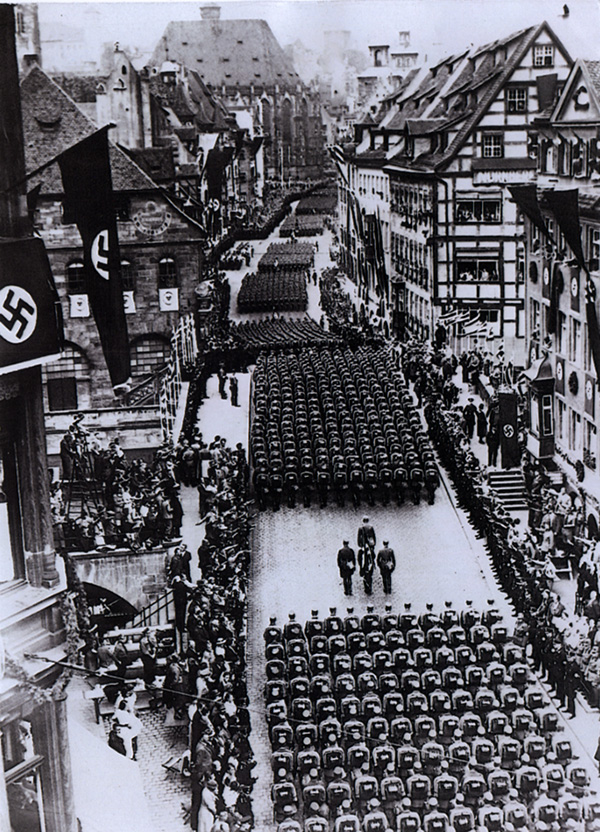
In Nuremberg, I stood on the concrete podium where Hitler had once stood. I looked over the now-decaying Zeppelin field where Hitler addressed hundreds of thousands of Nazi soldiers. In plain view of the world and world leaders, Hitler was building his army and machinery of war.

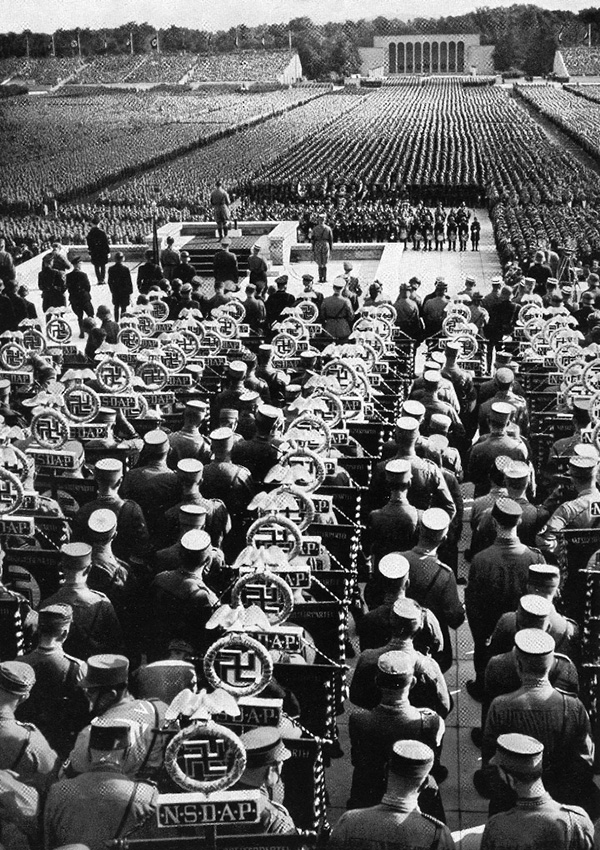
Standing there, I found myself overcome with immense sadness, and wondering, just as I had wondered as a kid, why no one stopped him.
I knew stories of several German officers who had attempted to assassinate him and failed. I wondered if any young people had protested or formed resistance groups.
This is what I know about young people: Young people have a strong sense of justice. They know right from wrong. They don’t like the fact that life isn’t fair, and they want to fix it.
And yet I also knew this: During the Third Reich, approximately 82% of Germany’s eligible young people between the ages of 10 and 18 who could prove their Aryan ancestry belonged to the Hitler Youth. By law, they had to join. Many, my research and interviews revealed, enjoyed their membership.
This led to the next question: Who were the 18% who didn’t join? Why weren’t they members?
That question — writing is about curiosity — led me to the true story of Helmuth Hübener. At the age of 17, Helmuth was the youngest person on death row in Nazi Germany.
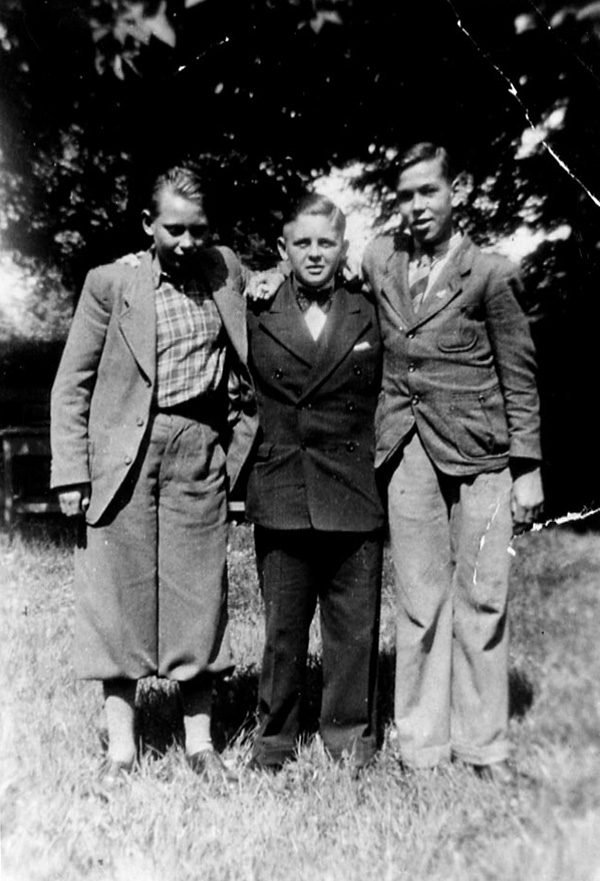
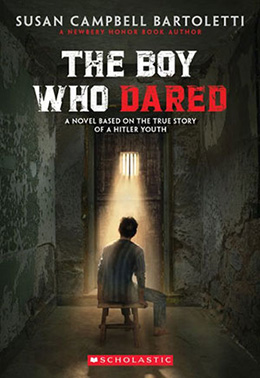 My heart turned over. It led me to the question: What did Helmuth do?
My heart turned over. It led me to the question: What did Helmuth do?
The short answer is this: He was a political prisoner. At a time when the Nazi government banned books and made it illegal to listen to foreign radio broadcasts and to criticize Adolf Hitler, the Nazis, and the war — doing so was punishable by prison or death — Helmuth and his two best friends broke the law. They formed their own resistance group. Their goal was to expose Hitler’s lies and tell the truth about the Nazis and the war.
The long answer — and how Helmuth ultimately saved the lives of his two friends — can be found in my book, The Boy Who Dared.
What’s your best writing advice for young writers?
My best writing advice? Be curious. Ask questions. A lot of questions.
I ask a lot of questions. I always have. Even as a kid, I asked a lot of questions. Some were simple yes and no questions (Can I have a goat? The answer was yes. We had a goat named Girdy.)
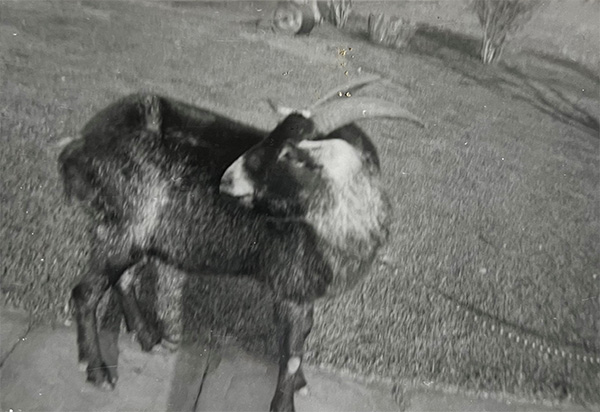
Others were scientific (If I take my mother’s umbrella to my tree fort and open it and jump, will I float like Mary Poppins? The answer was no, and my mother wasn’t happy about her broken umbrella.)
Some questions helped me make new friends or understand people better or even understand myself (What kind of music do you listen to? Will you be my partner for that project? Am I brave?)
Other questions were philosophical (Why is there war? Why do people hate people they don’t know? Why did people believe Hitler’s lies?) Other questions helped me to understand something (How did World War II start?)
I looked for answers everywhere: from my mother, my teachers, and other adults; from encyclopedias, from newspapers, from books in the library; and from friends. (We didn’t have the internet back then.) I even learned from dumb questions. (I refer you to the umbrella story above and Girdy the Goat turned out to be a bad idea.)
Writing is about curiosity. We don’t need to know all the answers. But we do need to be curious enough to ask questions and to look for answers. We need to know how to take our thinking further.
The world is a puzzling place. (People are puzzling, too.) There are many questions that demand answers. Writing is about finding those questions, asking those questions, and searching for answers. That’s how writers find ideas to write about. It’s our curiosity that drives us to write the story.
Your mind is like a muscle. The more curious you are, the more you exercise your curiosity, the stronger your mind will grow, and the better writer — and thinker — you’ll become. How far are you willing to think? Are you willing to question? Are you willing to look for answers?
Particulars
A recent book by Susan:
How Women Won the Vote: Alice Paul, Lucy Burns, and Their Big Idea
In time to celebrate the 100th anniversary of woman suffrage in America comes this page-turning, stunningly illustrated, and tirelessly researched story of the little-known DC Women’s March of 1913.
Enjoy this introduction to suffragettes Alice Paul and Lucy Burns. Paul and Burns met in a London jail and fought their way through hunger strikes, jail time, and much more to win a long, difficult victory for America and its women.
Includes extensive back matter and dozens of archival images to evoke the time period between 1909 and 1920.
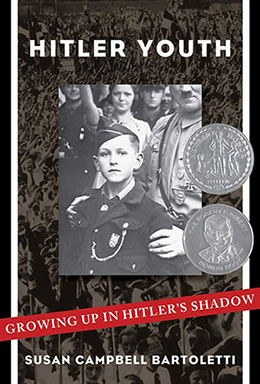
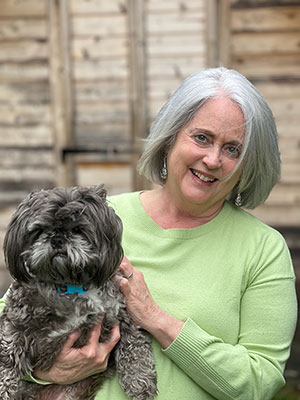
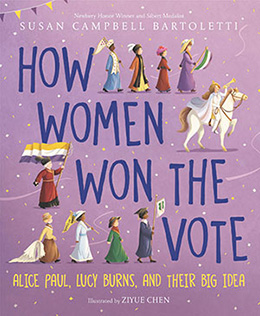
6 thoughts on “Summer Blog Series: Susan Campbell Bartoletti”
Thank you, Avi, for choosing Susan Campbell Bartoletti as your first guest blogger of the summer. Susan’s delves into history are profoundly relative today. And her inquisitiveness— often playful— Is her talisman.
Thank you! I like having a talisman.
Thank you, Susan! Your blog was spot on: truthful, engaging, and offering necessary information, not just on the writing process, but life. Stay curious. You are one of my favorite writers, and my list isn’t that long. All the best. Edie Pagliasotti
Thank you, Edie.
This was a splendid beginning to this summer’s blog series!
Bruce, thank you! It’s been too long since we’ve crossed paths.